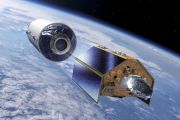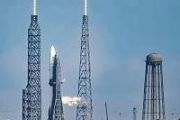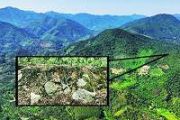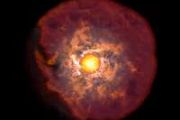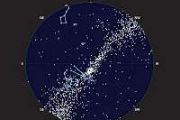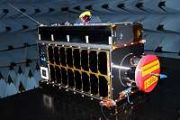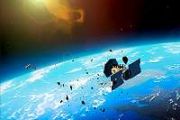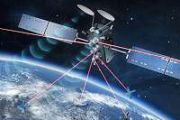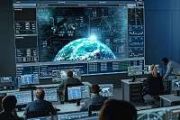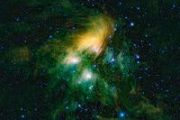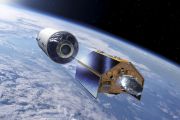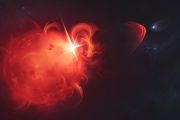
Copernical Team
Two groups look at the economic viability of mining asteroids
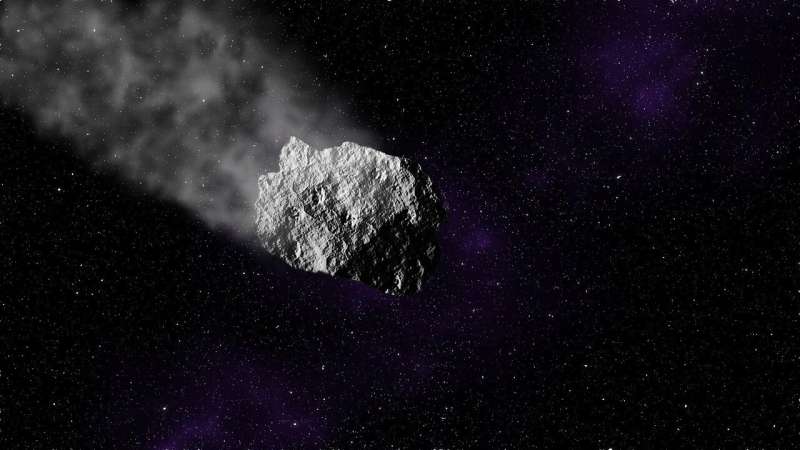
Two teams of economists have conducted economic assessments of mining asteroids—one of them is a trio with one member each from the University of Tor Rome Vergata, the University of Maryland and Middlebury College. They looked at asteroid mining as part of the next logical step in monetizing space exploration.
The second group, with three members from the Colorado School of Mines and a fourth with the International Monetary Fund, focused more on the challenges that would have to be surmounted for industry to capitalize on assets that are currently free for the taking on asteroids. Both groups have published papers describing their efforts in the journal Proceedings of the National Academy of Sciences.
Prior research has shown that there are valuable materials on asteroids. This includes diamonds and perhaps other gems, but the truly valuable materials are more likely to be metals that are highly valued but in short supply here on Earth, such as cobalt, nickel and platinum. Such metals have seen a rise in value in recent years as they have been used in a host of modern technology products such as batteries, solar panels and windmill parts.
European Flight Ticket Initiative now open to launch service providers

Today, the European Commission and the European Space Agency are calling on established and aspiring European launch service providers to apply to join the European Flight Ticket Initiative. The objective of the Flight Ticket initiative is to stimulate new European launch systems through open competition starting with In-orbit Demonstration and Validation (IOD/IOV) needs.
RADARSAT+: over $1 billion for the future of satellite Earth observation
 The Government of Canada recently allocated $1.012 billion to the Canadian Space Agency to support immediate and future satellite Earth observation (EO) data needs. This funding will be used to:
+ design and develop a replacement satellite for the RADARSAT Constellation Mission (RCM)
+ design a next-generation satellite system to succeed the RCM
This initiative is called RADARS
The Government of Canada recently allocated $1.012 billion to the Canadian Space Agency to support immediate and future satellite Earth observation (EO) data needs. This funding will be used to:
+ design and develop a replacement satellite for the RADARSAT Constellation Mission (RCM)
+ design a next-generation satellite system to succeed the RCM
This initiative is called RADARS Northrop Grumman Completes Key Review for Future Pacific Missile Warning Satellites
Scientific Systems wins SpaceWERX contract for space debris solutions
 Scientific Systems, renowned for its autonomous system solutions, has clinched a $1.5 million Small Business Technology Transfer (STTR) Phase II contract from SpaceWERX, as part of the latter's Orbital Prime Program. The contract focuses on Scientific Systems' vision-based technology, known as US-RIPTIDE (Unknown Satellite Realtime Inspection, Pose, Tracking and IDEntification). The technology a
Scientific Systems, renowned for its autonomous system solutions, has clinched a $1.5 million Small Business Technology Transfer (STTR) Phase II contract from SpaceWERX, as part of the latter's Orbital Prime Program. The contract focuses on Scientific Systems' vision-based technology, known as US-RIPTIDE (Unknown Satellite Realtime Inspection, Pose, Tracking and IDEntification). The technology a Framatome Space: A New Player in Space Exploration and Nuclear Power
 With more than six decades of experience in the nuclear and industrial sectors, Framatome announced the establishment of a new subsidiary focused explicitly on the burgeoning space industryFramatome Space. This new venture aims to leverage Framatome's expertise in nuclear energy to drive advancements in space exploration and habitation.
Bernard Fontana, CEO of Framatome, conveyed the compa
With more than six decades of experience in the nuclear and industrial sectors, Framatome announced the establishment of a new subsidiary focused explicitly on the burgeoning space industryFramatome Space. This new venture aims to leverage Framatome's expertise in nuclear energy to drive advancements in space exploration and habitation.
Bernard Fontana, CEO of Framatome, conveyed the compa ESA seeks space applications ideas in Very Low Earth Orbit
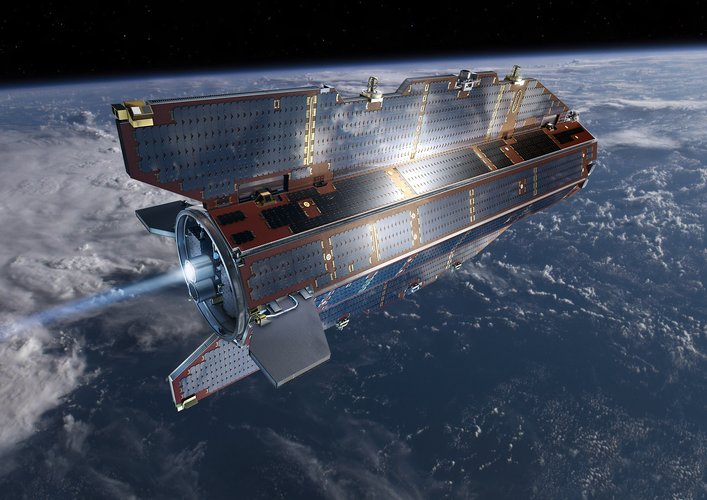
Very Low Earth Orbit (VLEO) offers attractive opportunities for space applications. ESA is calling for novel ideas to advance our understanding of what is possible in VLEO.
Chinese sci-fi fans over the moon at Chengdu Worldcon
 In a sleek silver building designed to look like an expanding nebula, thousands of delighted Chinese science fiction fans gathered this week for a massive international convention.
The World Science Fiction Convention, or Worldcon, globally the oldest and most influential sci-fi event, has never been held in China before.
The convention's venue is the striking Chengdu Science Fiction Mu
In a sleek silver building designed to look like an expanding nebula, thousands of delighted Chinese science fiction fans gathered this week for a massive international convention.
The World Science Fiction Convention, or Worldcon, globally the oldest and most influential sci-fi event, has never been held in China before.
The convention's venue is the striking Chengdu Science Fiction Mu Women sci-fi writer numbers rocketing in China
 Women writers are taking the Chinese science fiction scene by storm, with their increasing prominence one of the genre's most noticeable trends, according to participants at a major convention in Chengdu this week.
Worldcon - the world's oldest and most influential sci-fi gathering - is taking place in China for the first time, drawing hordes of eager local fans of all genders.
China
Women writers are taking the Chinese science fiction scene by storm, with their increasing prominence one of the genre's most noticeable trends, according to participants at a major convention in Chengdu this week.
Worldcon - the world's oldest and most influential sci-fi gathering - is taking place in China for the first time, drawing hordes of eager local fans of all genders.
China Chinese sci-fi steps into the spotlight
 Once effectively banned, Chinese science fiction has exploded into the mainstream, embraced by the government and public alike - inviting scrutiny of a genre that has become known for its expanding diversity and relative freedom.
Its new status was epitomised by this week's Worldcon, the world's oldest and most influential sci-fi gathering, which closed Sunday after taking place in China fo
Once effectively banned, Chinese science fiction has exploded into the mainstream, embraced by the government and public alike - inviting scrutiny of a genre that has become known for its expanding diversity and relative freedom.
Its new status was epitomised by this week's Worldcon, the world's oldest and most influential sci-fi gathering, which closed Sunday after taking place in China fo 








